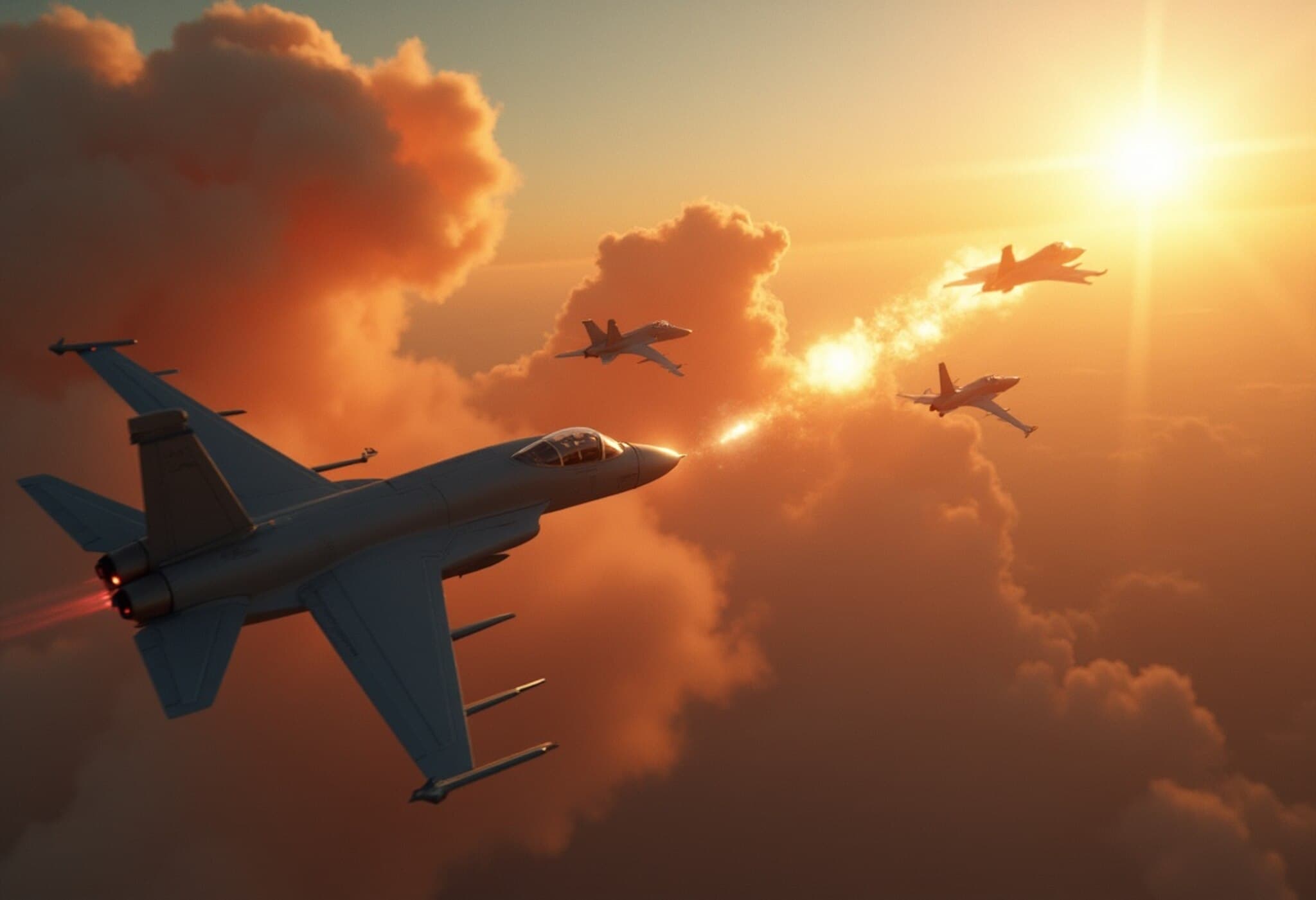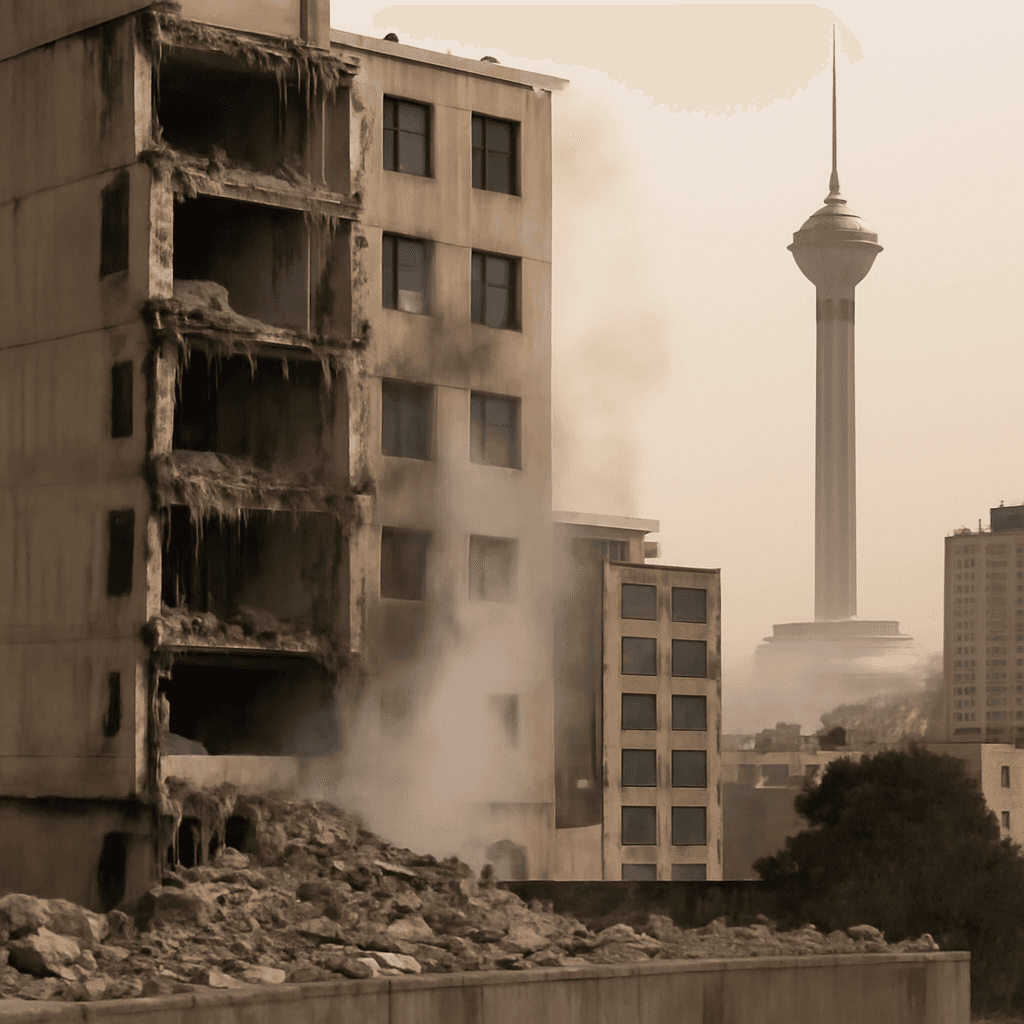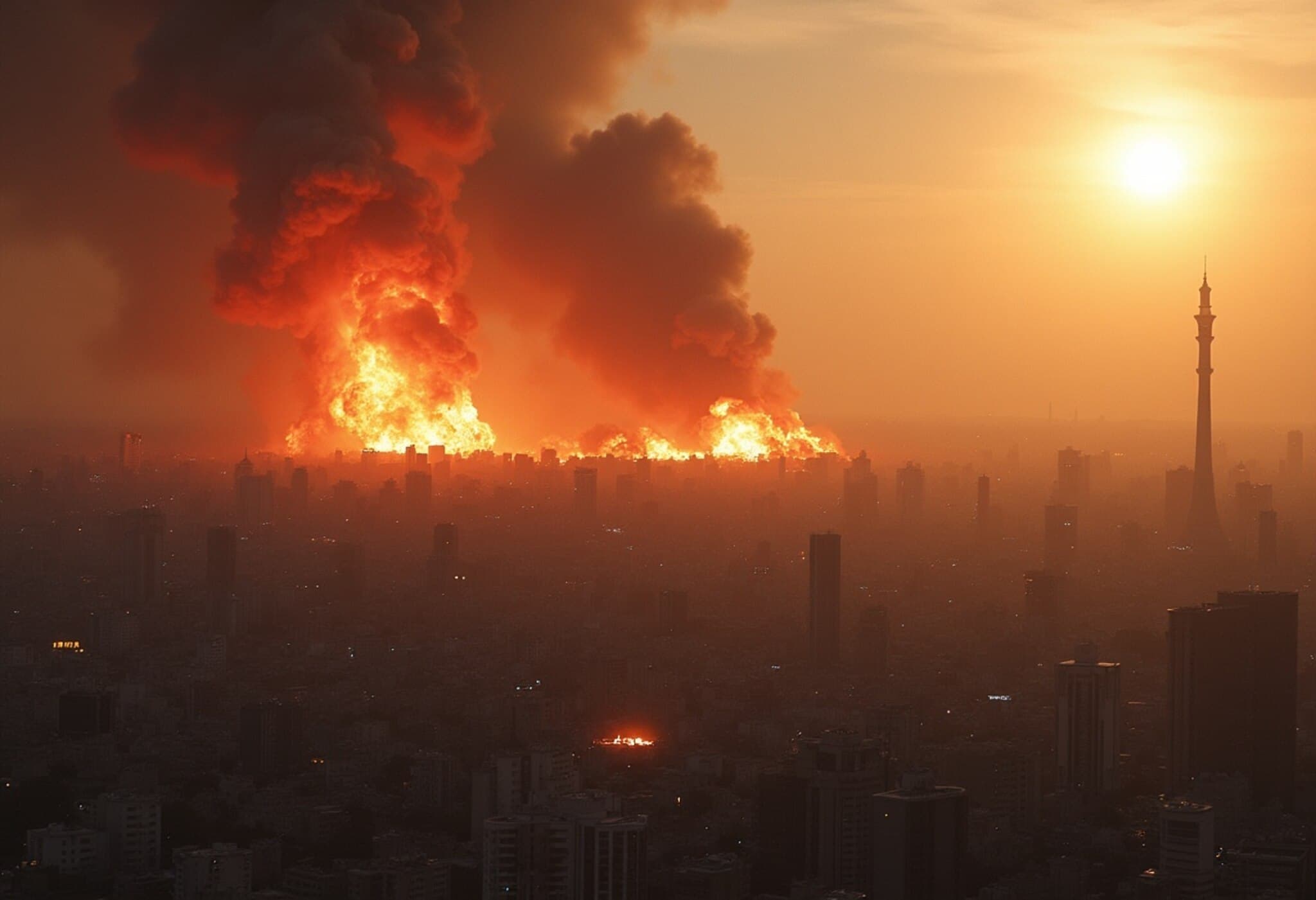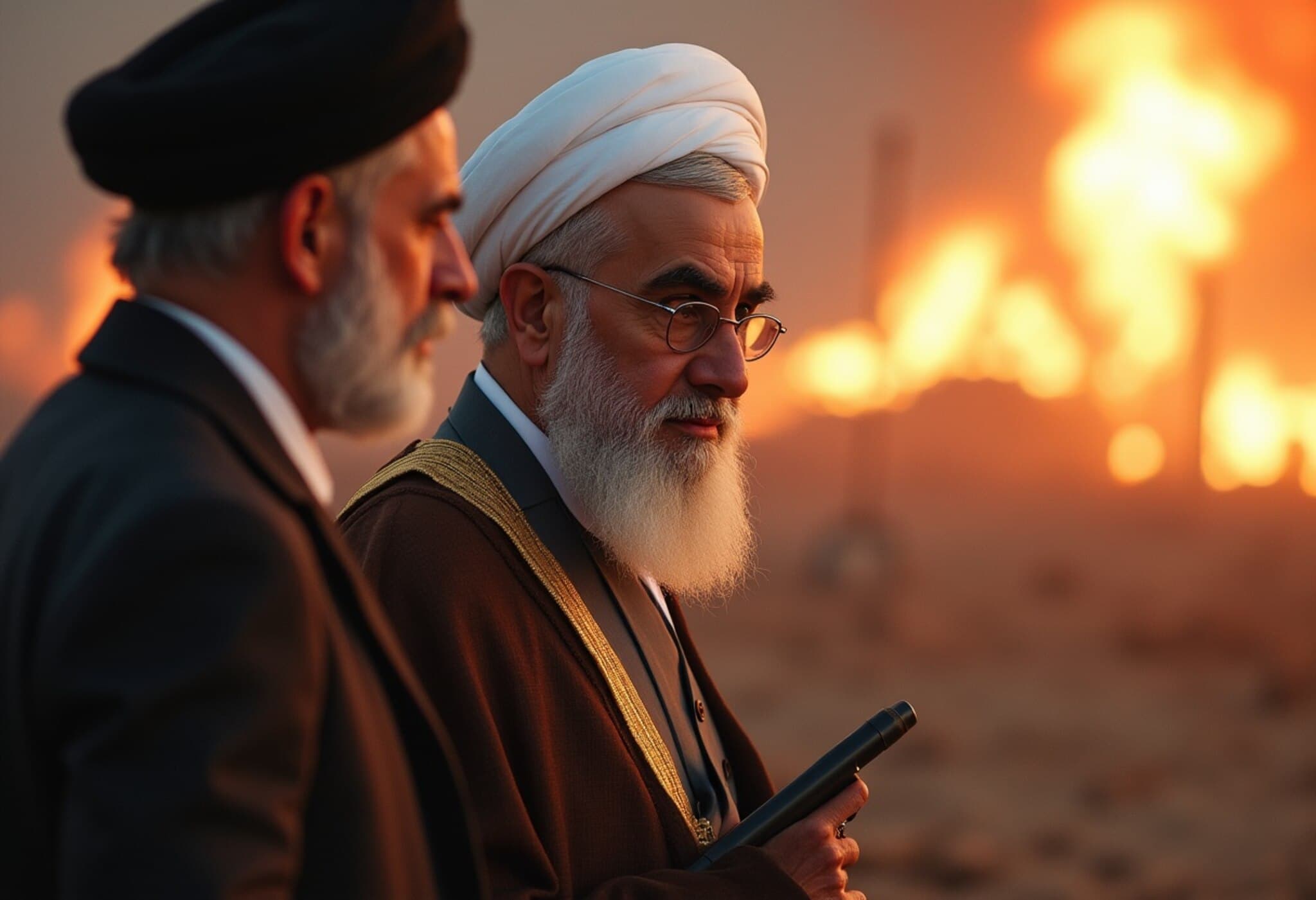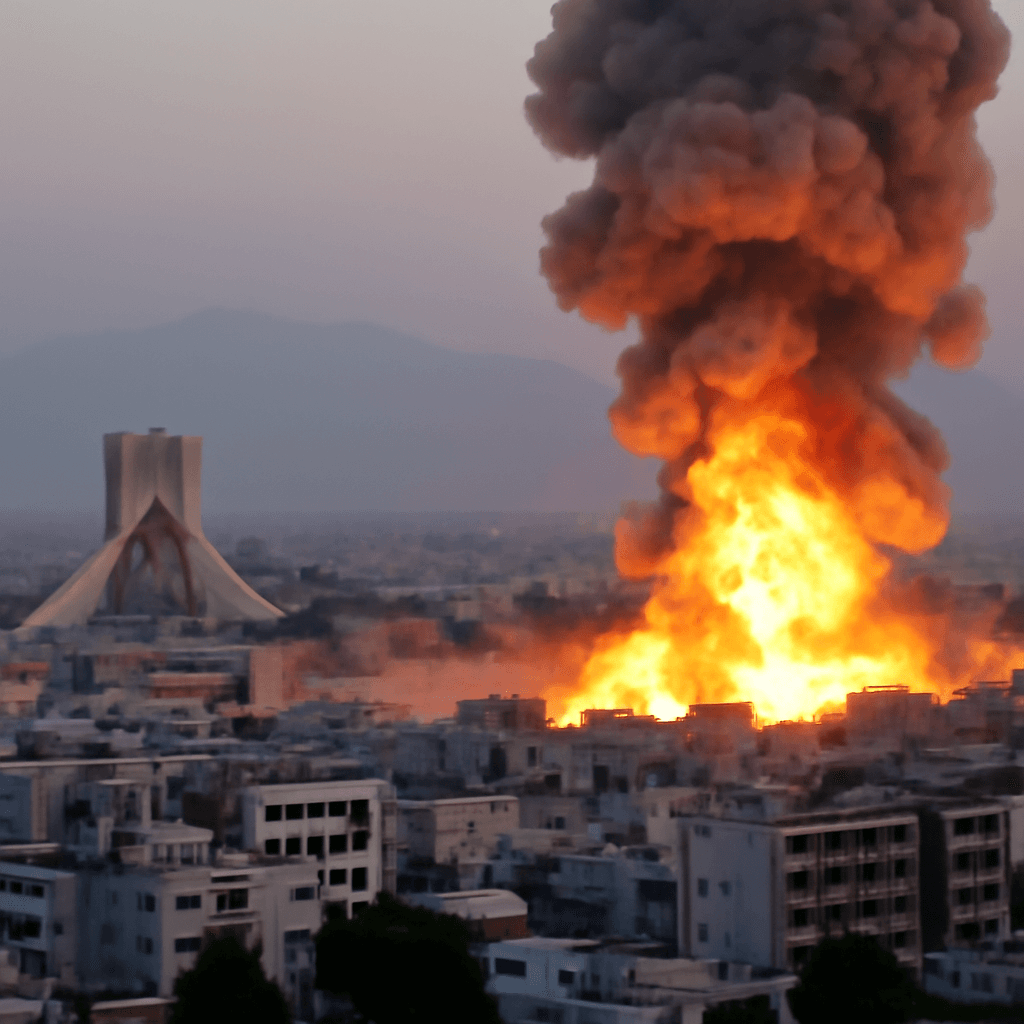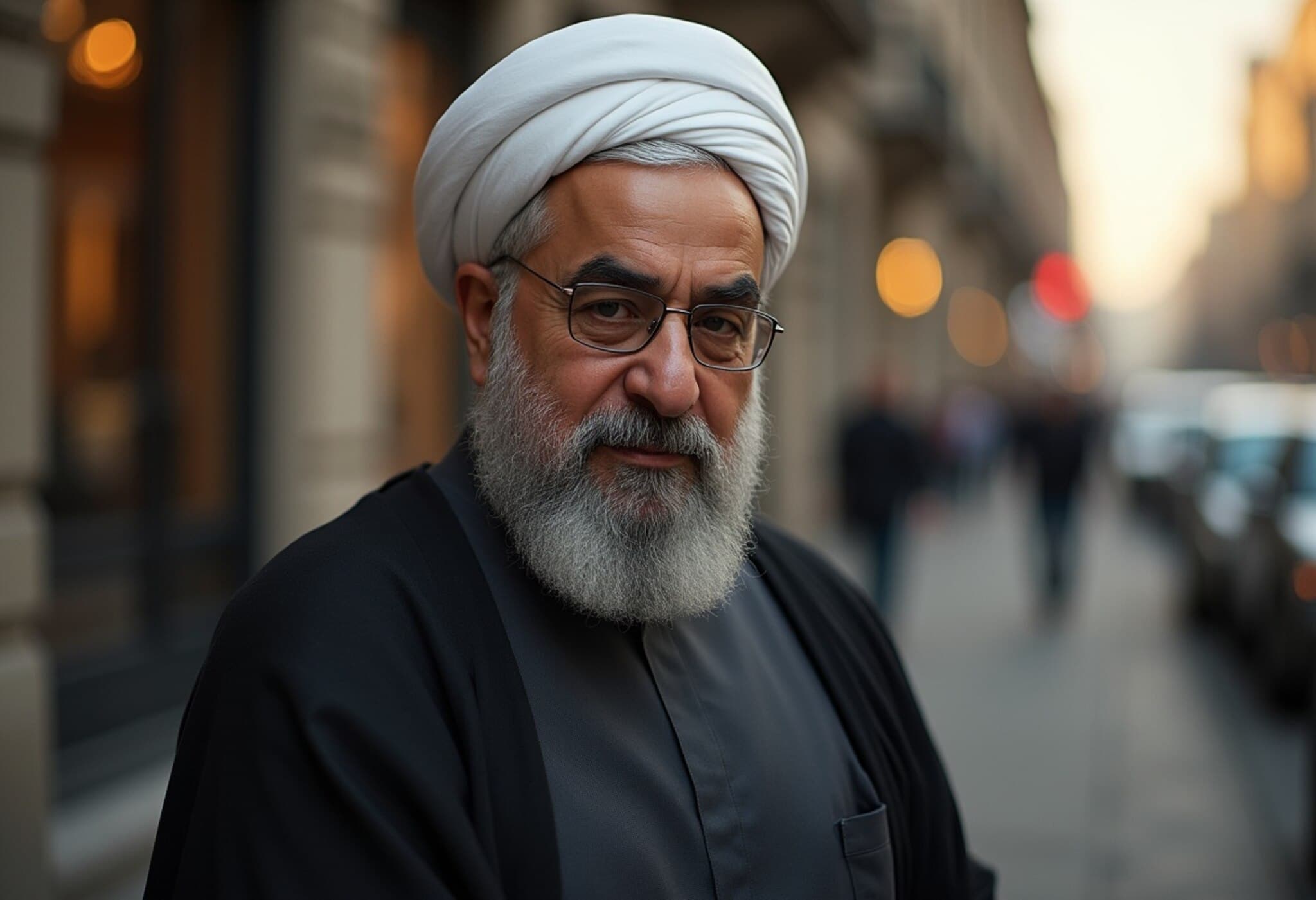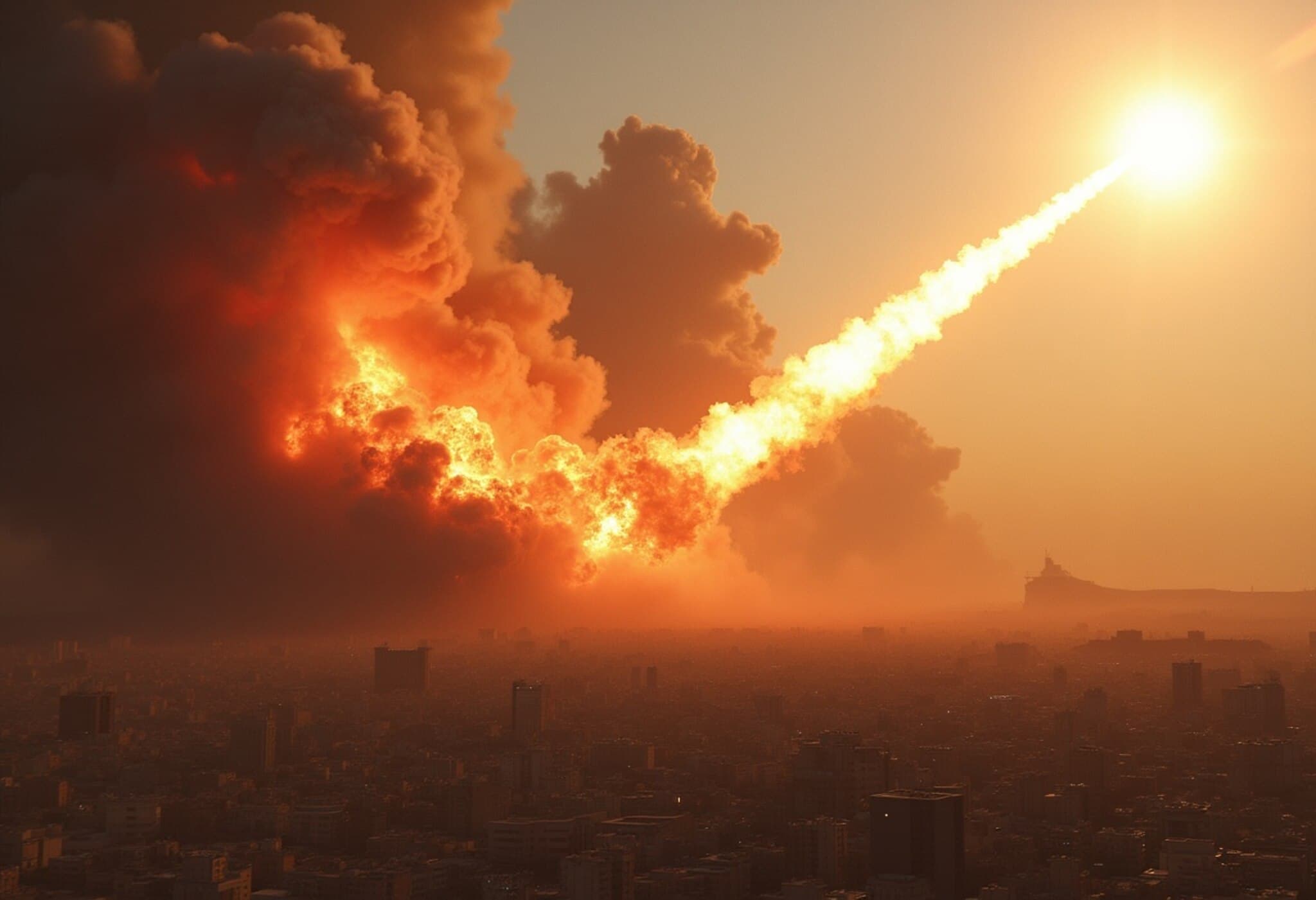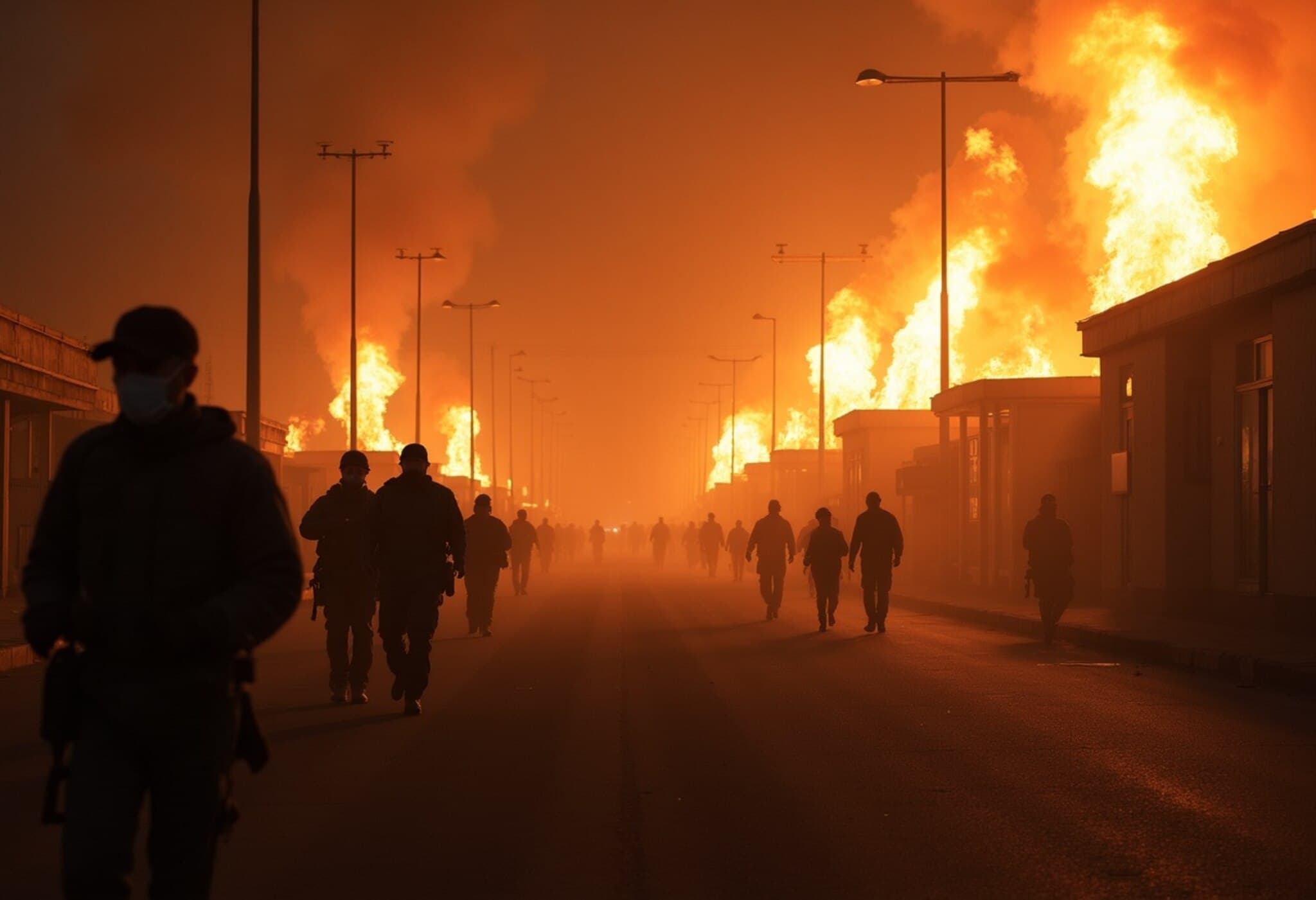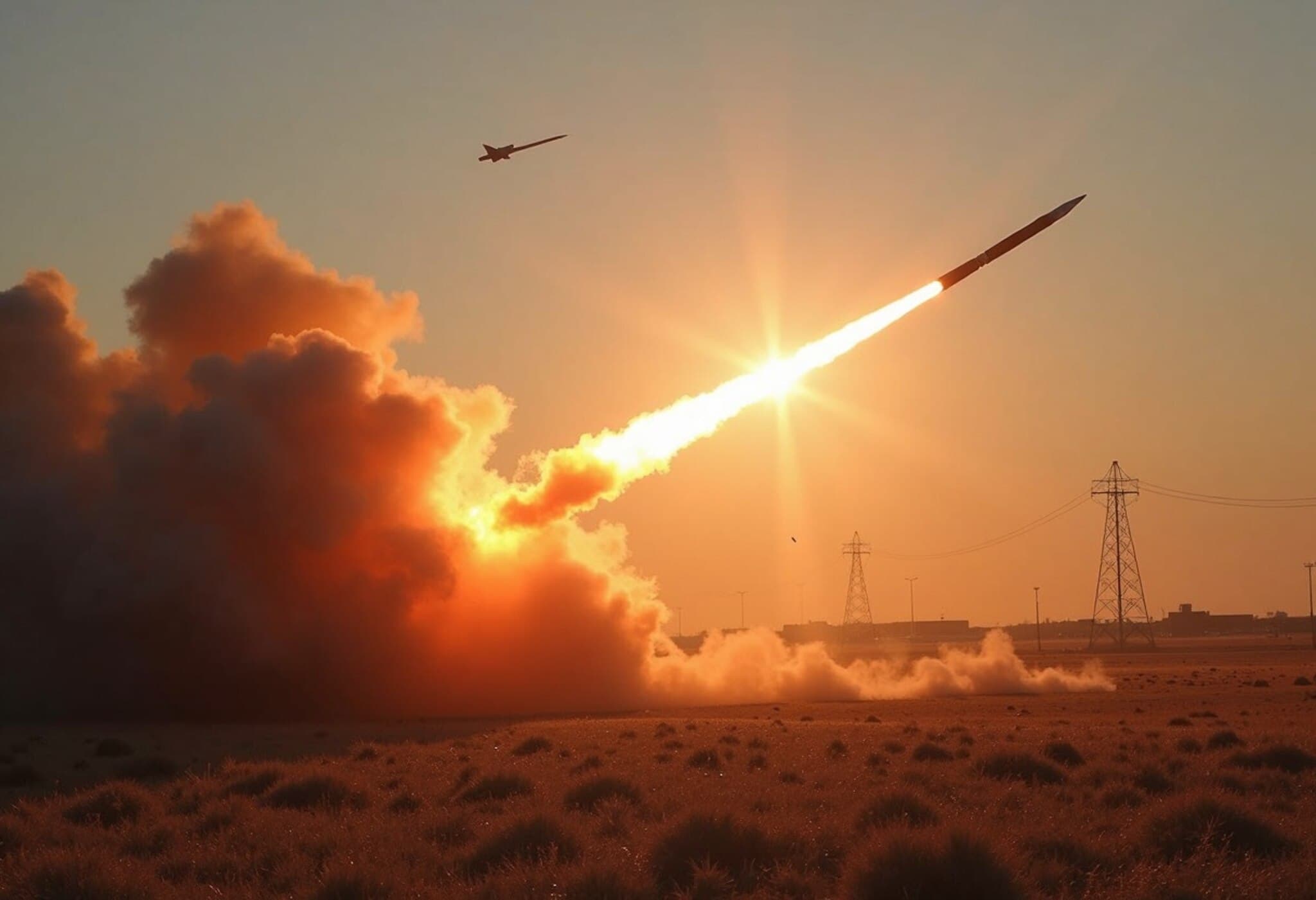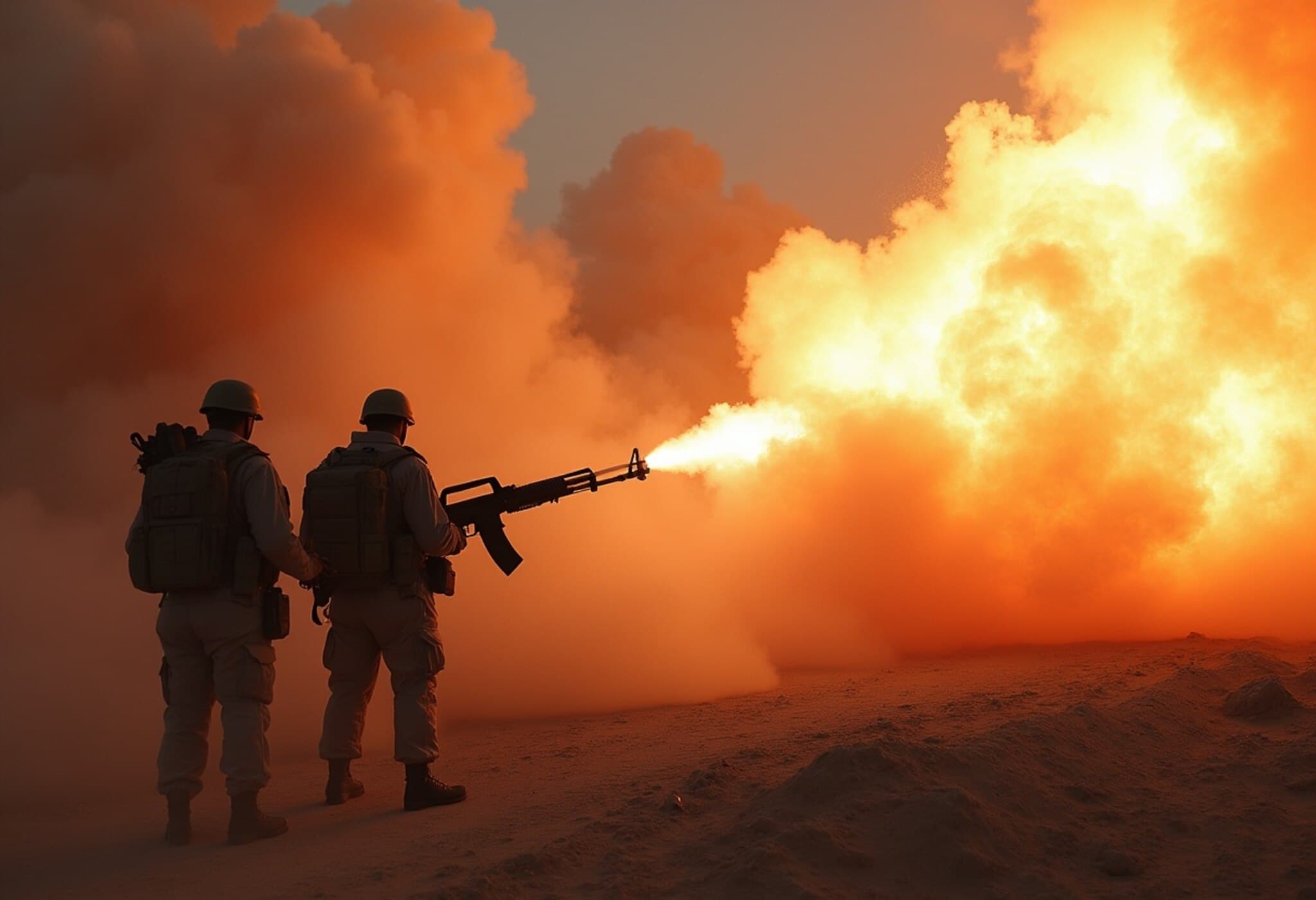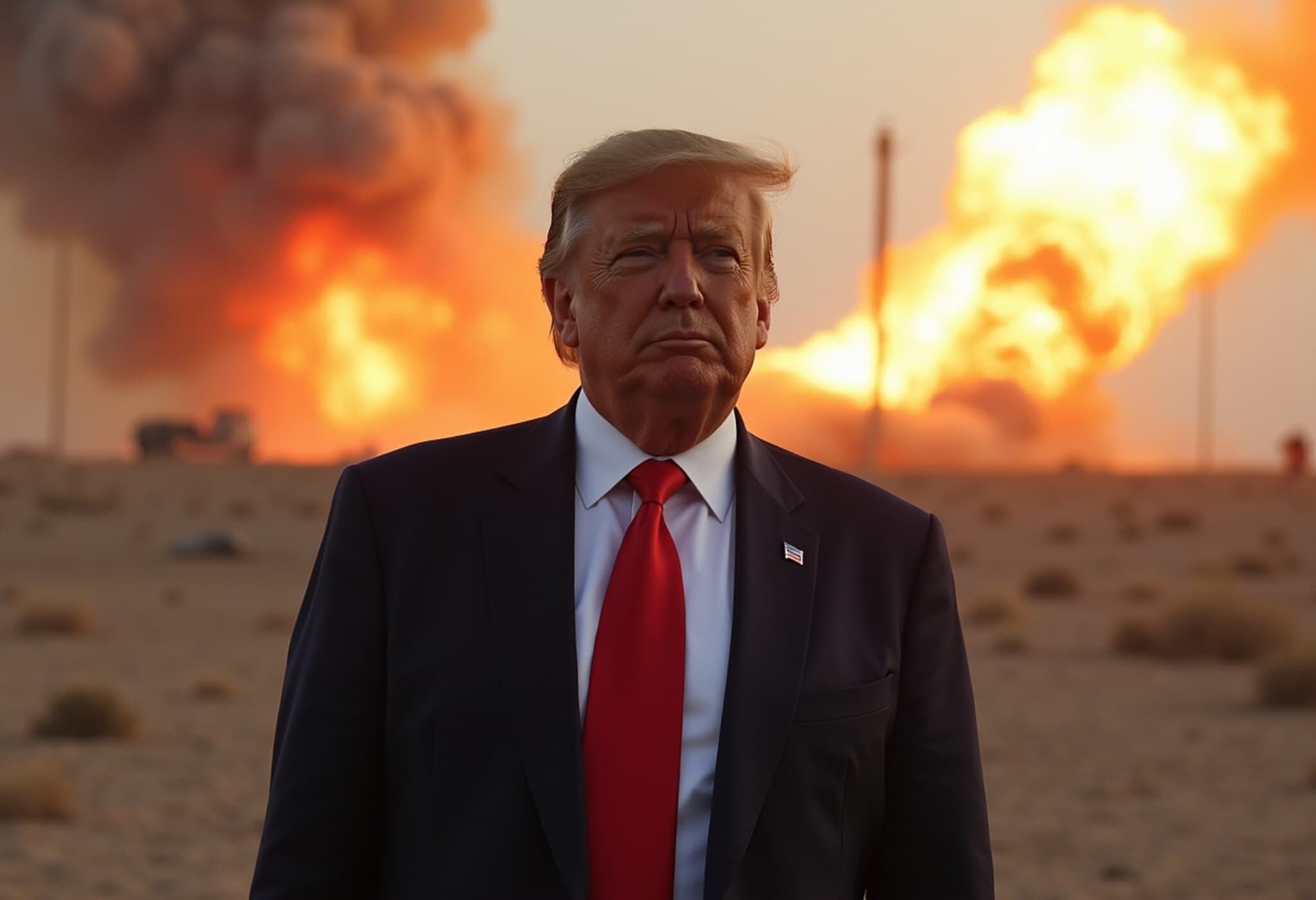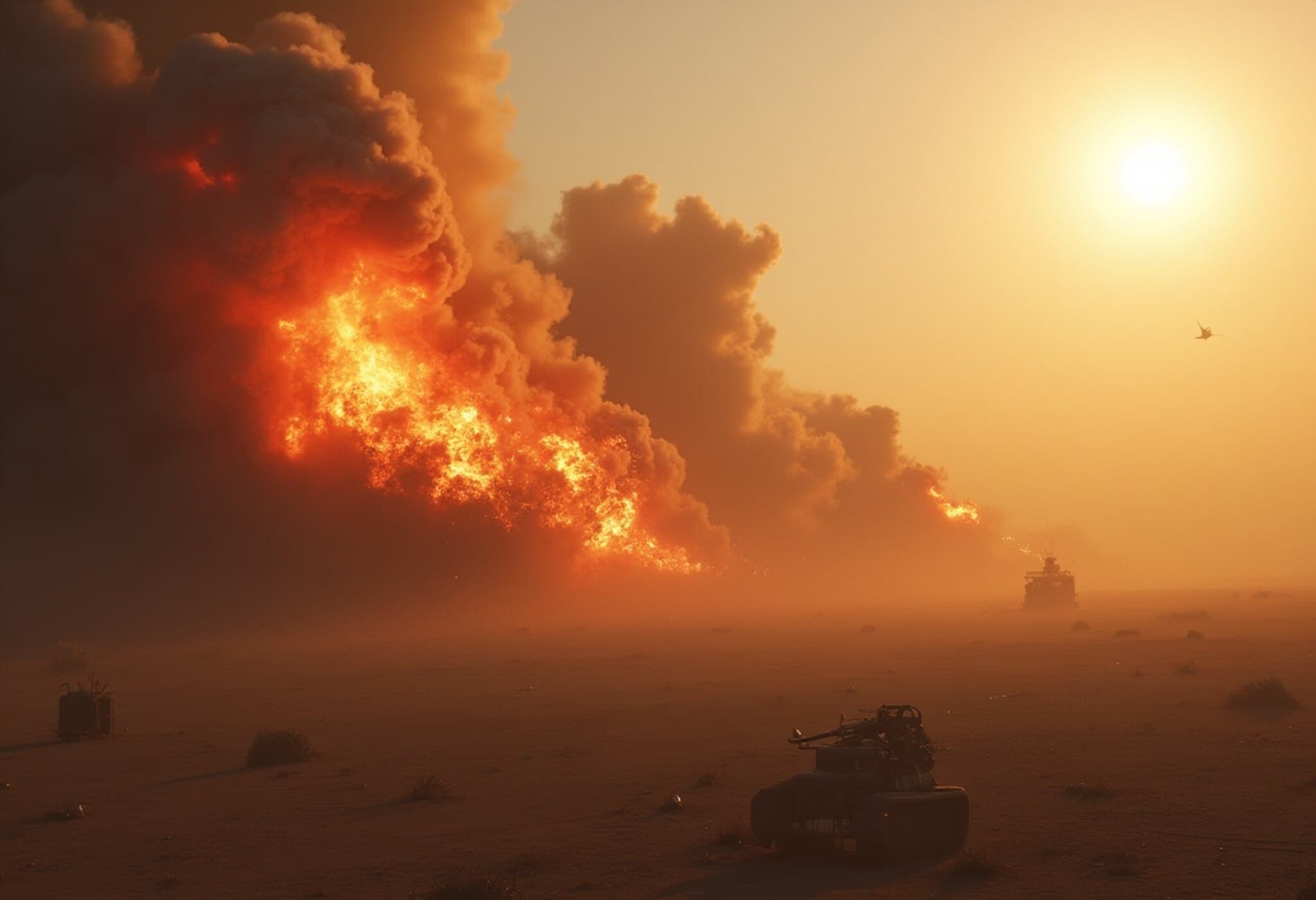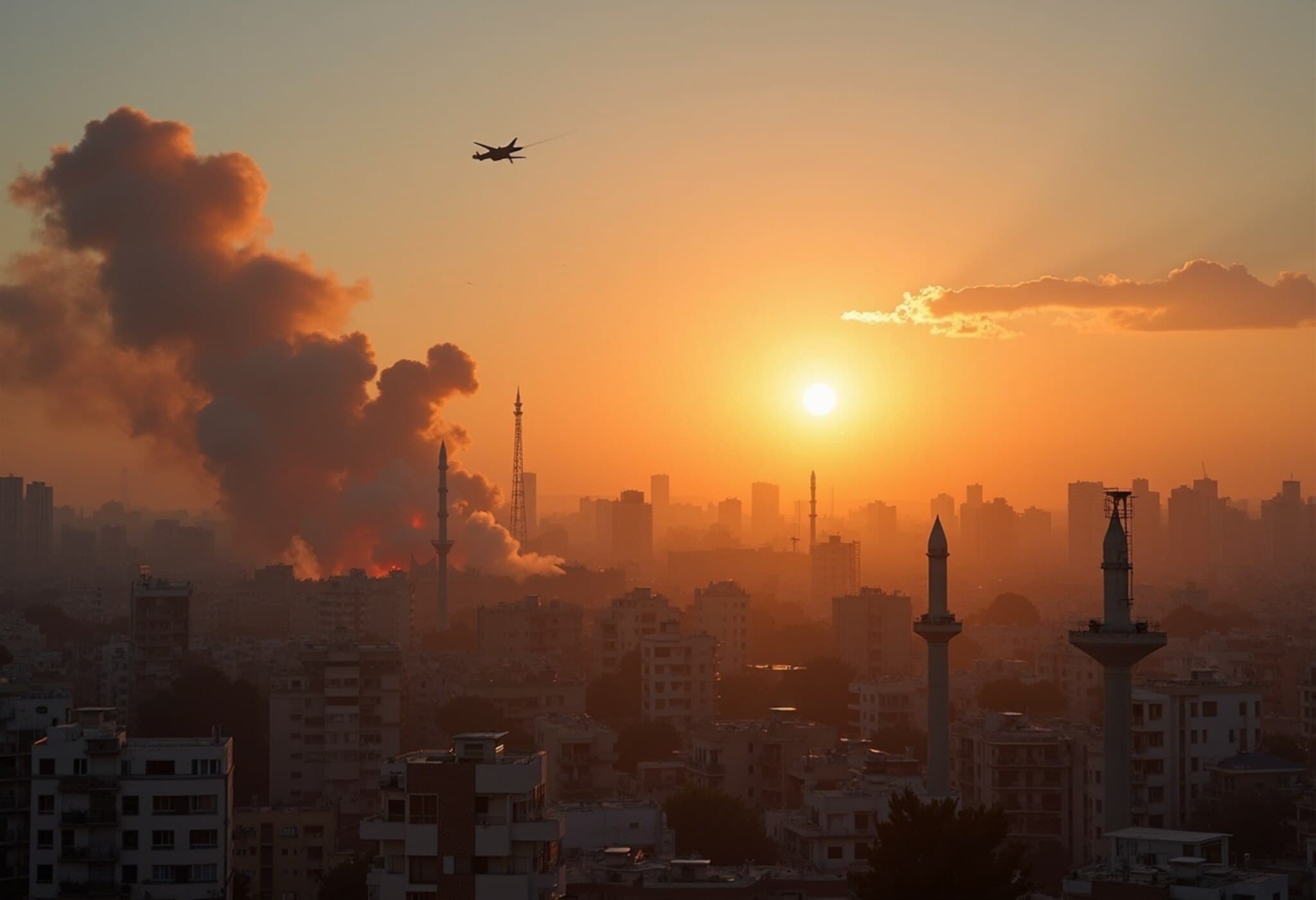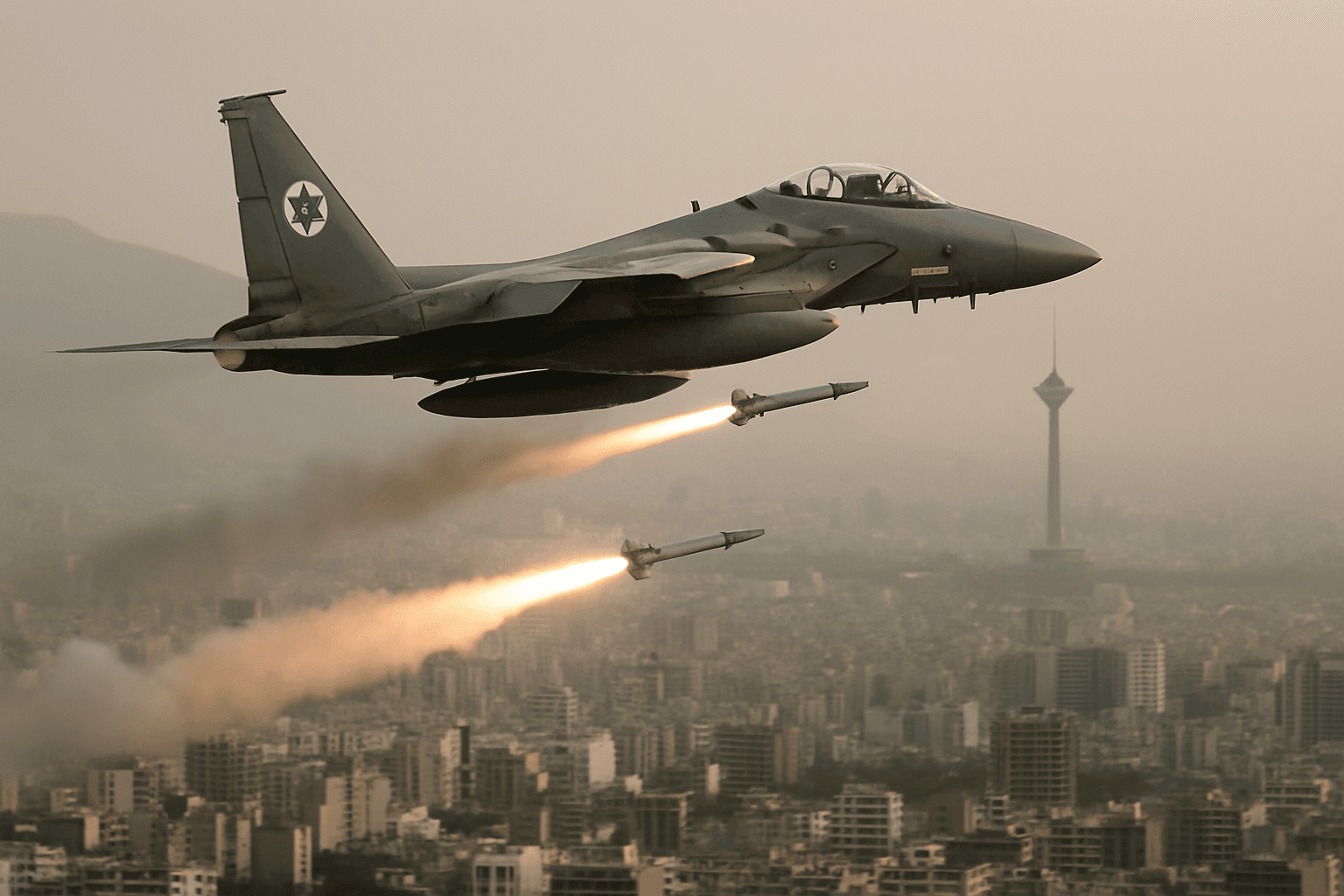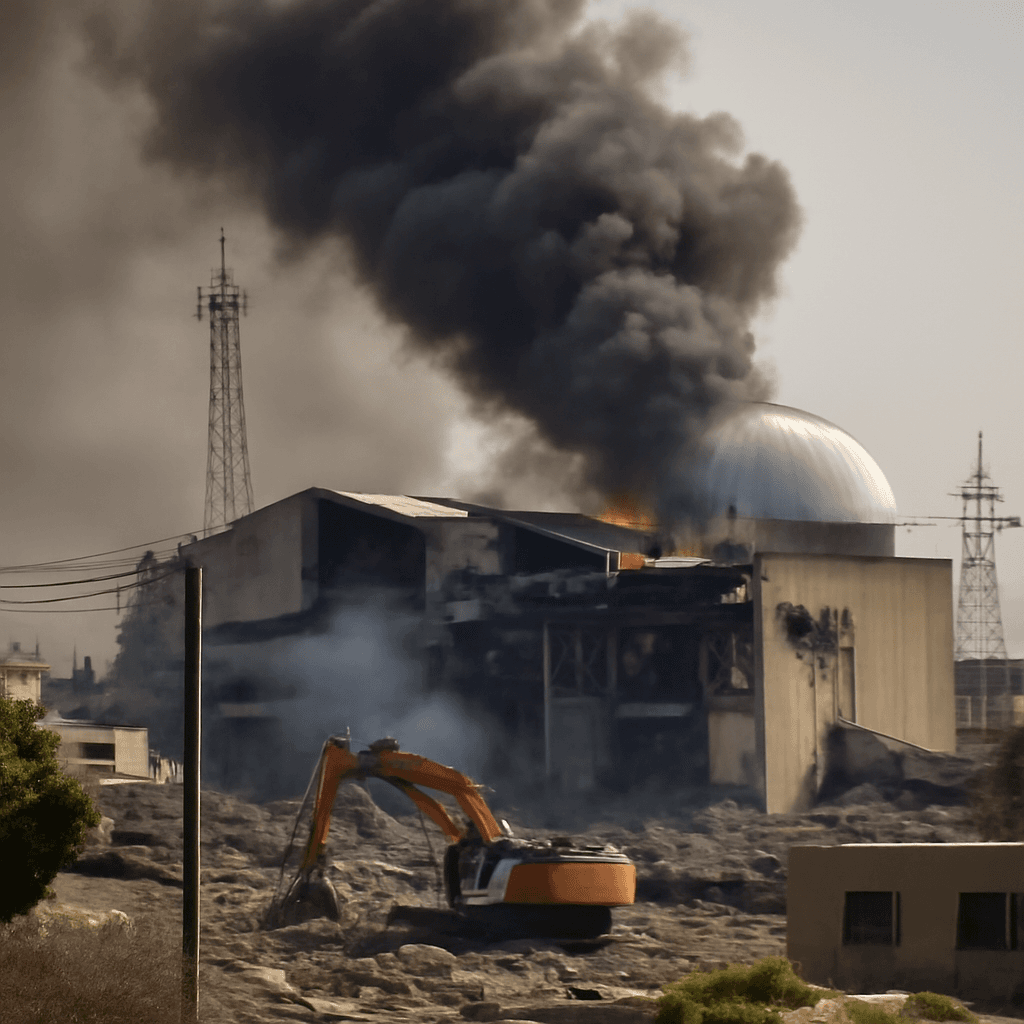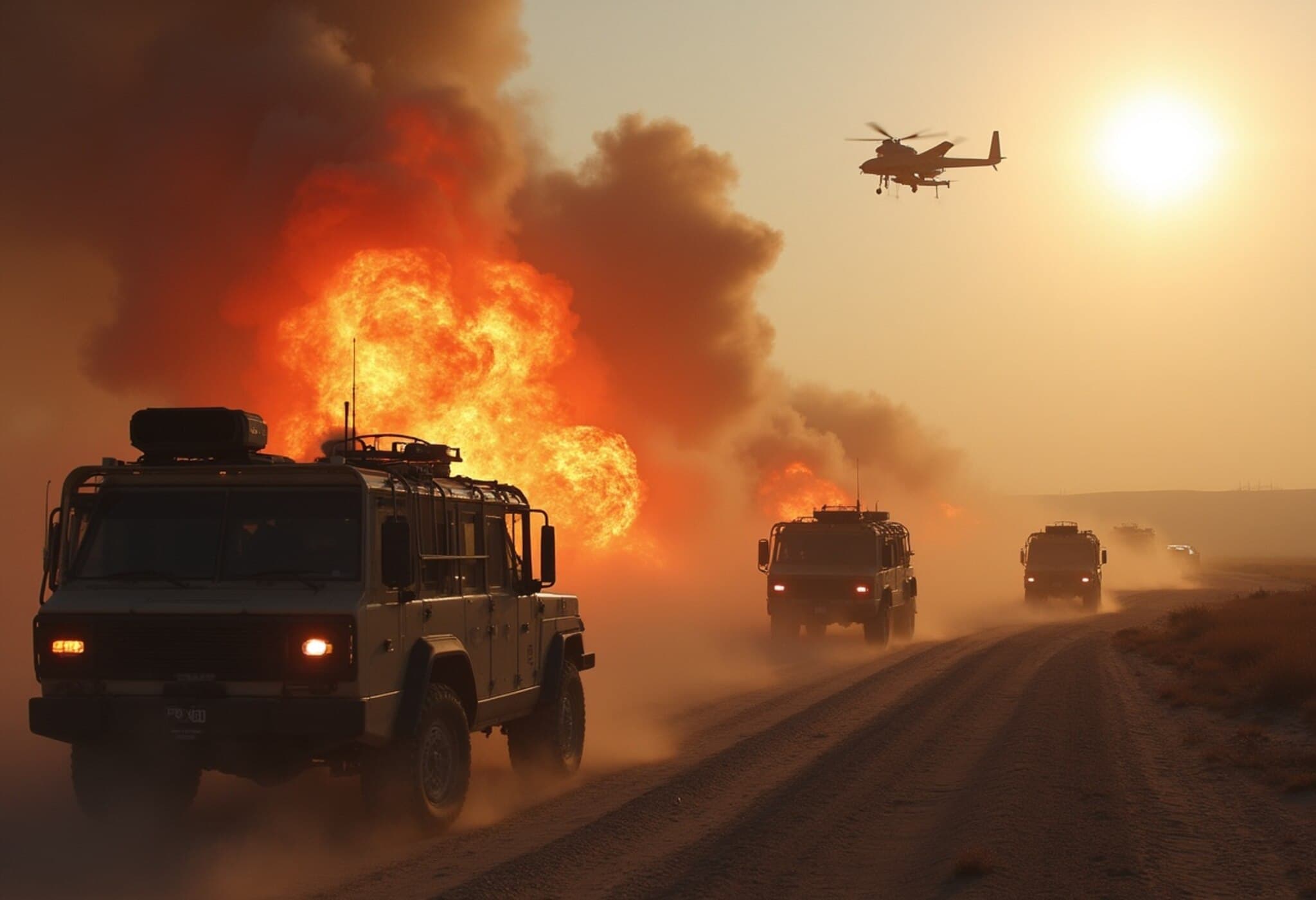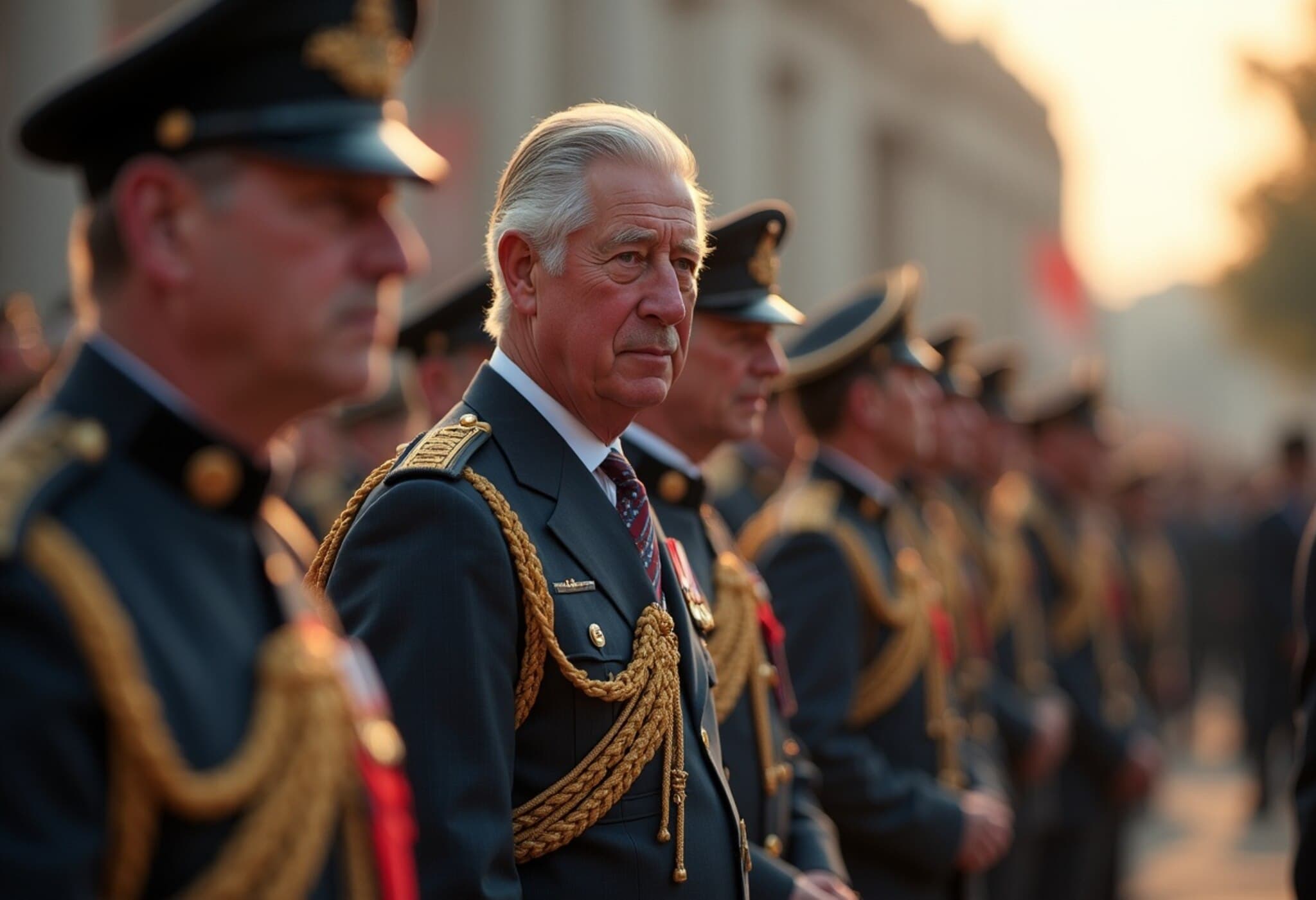Sharp Escalation in Israel-Iran Conflict As Overnight Airstrikes Shake Major Cities
Air raid sirens shattered the calm over Tel Aviv and Jerusalem amid a fierce exchange of attacks between Israel and Iran. The latest overnight strikes represent a dramatic escalation in an already volatile Middle Eastern standoff, fueled by Israel’s preemptive assault on Iranian military and nuclear sites earlier in the week.
Iran’s Retaliation: Over 100 Drones Launched
In a bold show of force, Iran responded by unleashing more than 100 drones, targeting Israel in multiple waves through Friday night and into early Saturday. These assaults came after Israel’s early morning operation aimed at crippling Iran’s nuclear ambitions and military leadership.
The Iranian Revolutionary Guard Corps (IRGC) took responsibility for the barrage, which included missile strikes toward Tel Aviv and Jerusalem before dawn. Eyewitnesses reported hearing explosions in both cities, with emergency services actively responding to impact sites. Despite the intensity, Israel’s advanced air defense systems intercepted many of the incoming missiles, supported by regional US defense assets.
Damages and Casualties on Both Sides
- In Israel, one person was reported killed, with 34 injured, mostly sustaining minor wounds. Infrastructure also suffered, with a high-rise in Tel Aviv and an apartment block in Ramat Gan sustaining damage.
- Iran reported heavier losses from the initial Israeli strikes, including the deaths of at least 78 people and over 320 wounded. Among the casualties were high-ranking military officials and nuclear scientists, although Iran emphasized that most victims were civilians.
Inside Operation Rising Lion
Launched earlier Friday, Operation Rising Lion saw Israel deploy around 200 aircraft against approximately 100 targets across Iran. These strikes focused on critical nuclear and missile-related facilities in Natanz, Fordow, and Isfahan.
Reports describe plumes of black smoke over Natanz and explosions near Fordow. Iranian authorities confirmed damage at multiple sites, as did Israel’s military spokespeople, who characterized the operation as only just beginning.
Key Iranian Leaders Among Those Killed
The Israeli attacks reportedly claimed the lives of several top Iranian figures, including:
- Hossein Salami, Commander of the IRGC
- Mohammad Bagheri, Chief of Iranian Armed Forces
- Fereydoun Abbasi-Davani, nuclear scientist and former head of the Atomic Energy Organization
Tehran condemned these strikes as "state terrorism," maintaining that its nuclear program is strictly peaceful.
Tehran Responds With Defiance
Iran’s Supreme Leader emphasized readiness for further retaliation, warning that the initial strikes had only ignited a larger conflict. Explosions were reported near Mehrabad Airport and other sensitive areas in Tehran early Saturday, as the country’s air defenses remained on high alert.
Global Dimensions and Diplomatic Fallout
The United Nations convened an emergency session at Iran’s request, with the nuclear watchdog confirming significant damage to Natanz’s above-ground facilities and electrical infrastructure. The main underground facilities reportedly remained intact, though possibly compromised.
Meanwhile, the United States, which was notified about Israel’s actions in advance, helped intercept Iranian missiles but denied direct involvement in the airstrikes. US officials called on Iran to return to nuclear negotiations to avoid further escalation.
Countries worldwide, including India, condemned the violence and urged both parties to seek diplomatic solutions. India highlighted the importance of dialogue, reflecting its ties to both nations.
What Lies Ahead?
With Israel aiming to delay Iran’s nuclear development through military pressure and Iran determined to respond decisively, the risk of a wider regional conflict looms large. As air defenses remain heightened and both sides brace for further moves, international calls for restraint and diplomacy intensify to prevent chaos from engulfing the Middle East.

